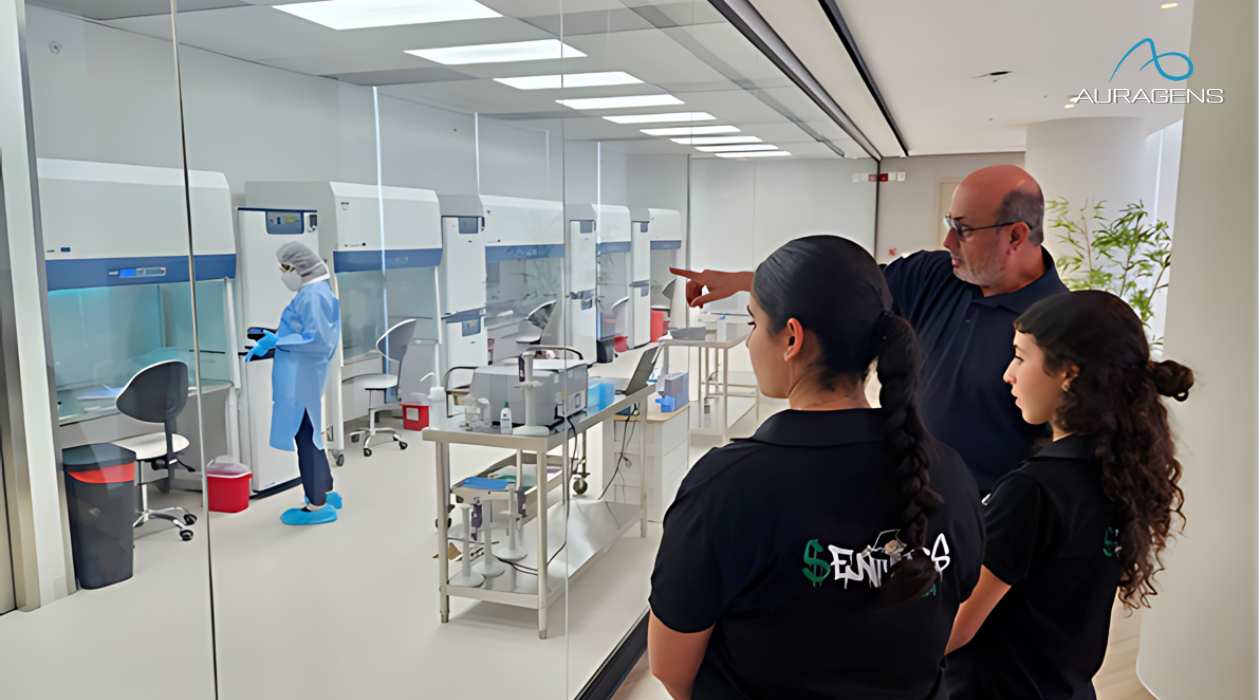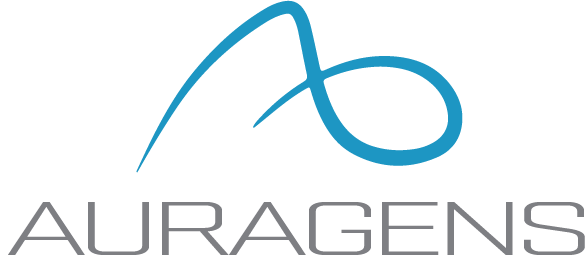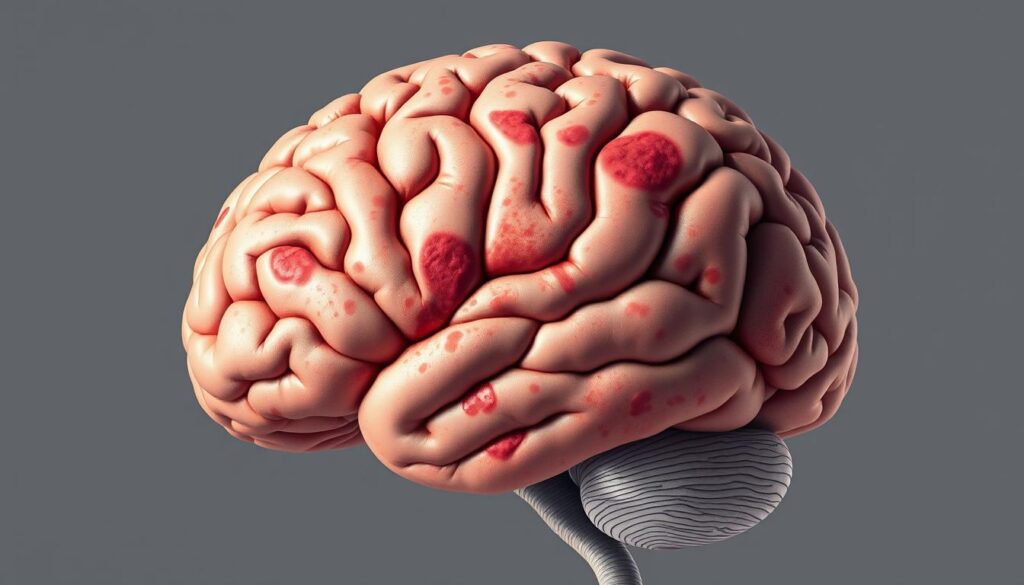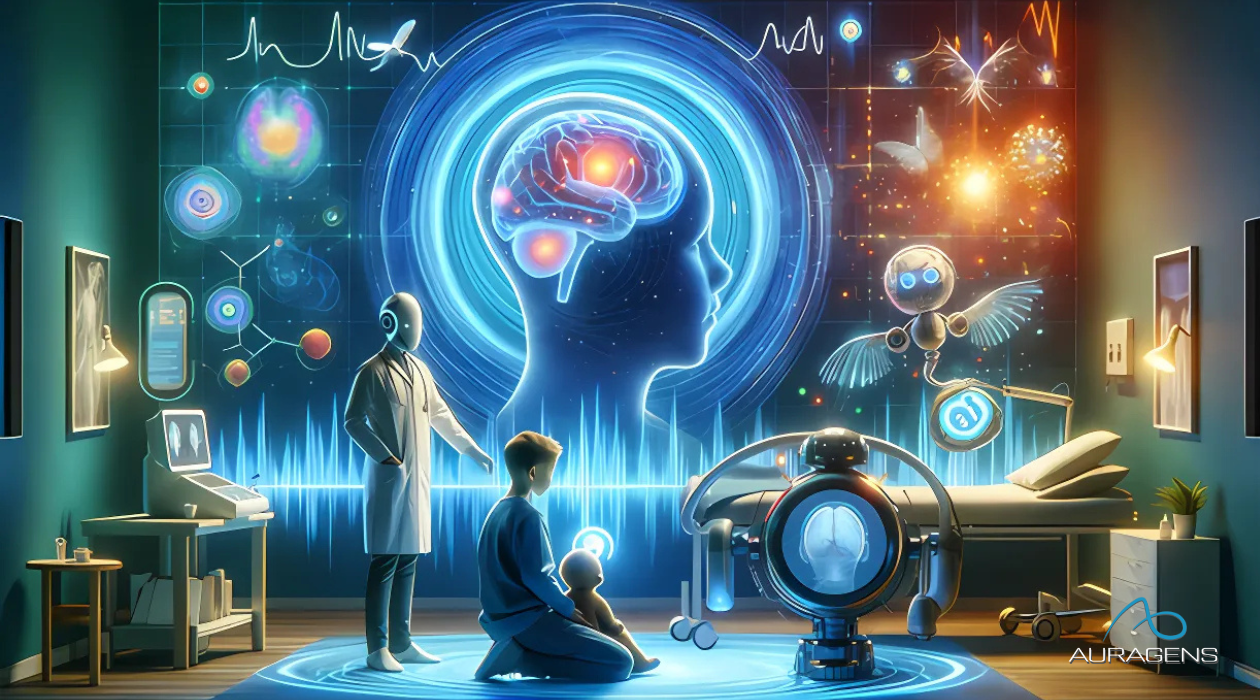
Stem cell treatments for children with autism have gained attention for their potential to address underlying neurological and inflammatory conditions associated with autism spectrum disorder (ASD). While still a relatively new modality of treatment there are almost two decades of history for us to review and understand why MSC’s treatments have been effective. Below is a detailed explanation of why these treatments are considered effective, the history behind them, and why Auragens stands out as a leader in this area:
Why Stem Cell Treatments for Autism Are Effective:
-
Inflammation Reduction: Research suggests that many children with autism have neuroinflammation, particularly in the brain. Stem cells, especially mesenchymal stem cells (MSCs), are known for their anti-inflammatory properties. These cells can modulate immune responses, reducing inflammation and potentially alleviating some symptoms of autism.
-
Regeneration and Repair: Stem cells have the ability to differentiate into various types of cells, including neurons. This regenerative potential may help repair damaged or dysfunctional neural pathways that contribute to autism symptoms, improving communication between different areas of the brain.
-
Improved Gut-Brain Axis Function: The gut-brain axis is believed to play a crucial role in autism. MSCs have been shown to improve gut health by modulating the immune system and repairing gut lining issues, which in turn may positively affect brain function.
-
Reduction in Oxidative Stress: Many children with autism show elevated levels of oxidative stress, which can damage cells and tissues. MSCs can help reduce oxidative stress, promoting a healthier cellular environment.
-
Neuroprotective Effects: MSCs release a range of growth factors that protect neurons from damage and support neural development, which may help alleviate symptoms related to communication, social skills, and behavior.
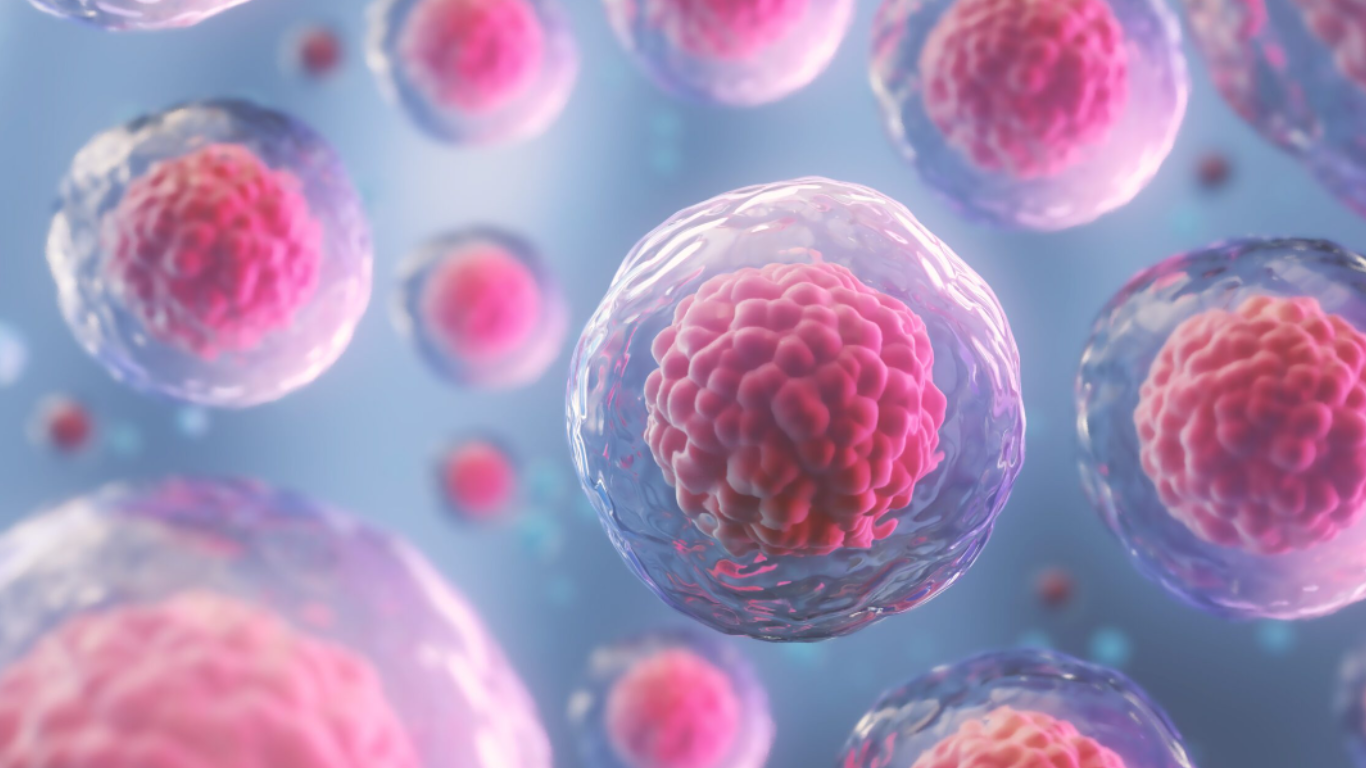
History of Stem Cell Treatments and Autism:
-
Initial Studies: The use of stem cells to treat autism is relatively new, with clinical trials and research studies beginning in the last two decades. Early studies focused on safety and feasibility, which led to promising results showing improvement in behavior, communication, and social interaction in some children.
-
Global Research: Research on stem cell treatments for autism has been conducted in various countries, including the U.S., Panama, and India, where early clinical trials have paved the way for larger studies. While these treatments are still considered experimental in many countries, they are increasingly being integrated into alternative and complementary therapies for ASD.
-
Ongoing Developments: Researchers continue to explore the underlying mechanisms of autism and how stem cells, particularly MSCs, can be harnessed to address these issues. The growing body of evidence supports the potential benefits of these treatments, though more long-term studies are needed for widespread clinical acceptance.

Why Auragens:
-
Cutting-Edge Research: Auragens is at the forefront of stem cell research, constantly staying updated on the latest clinical advancements, especially in the use of MSCs for neurodevelopmental disorders like autism. Their partnerships with leading researchers and institutions ensure that they are offering the most advanced treatments available.
-
Customized Treatment Protocols: Auragens offers personalized stem cell treatment plans tailored to each child’s unique needs. Autism is a spectrum disorder, and the individualized approach ensures that the treatments target the specific symptoms and challenges faced by each child.
-
Safety and Regulatory Compliance: As a leading center, Auragens is committed to the highest standards of safety and adheres to rigorous regulatory guidelines. This is particularly important for families seeking innovative but safe treatments for their children.
-
Expertise and Experience: Auragens has extensive experience in administering stem cell treatments for neurological conditions, including autism. Their team of specialists understands the complexities of autism and the therapeutic potential of stem cells, making them a trusted provider for these treatments.
-
Supportive Environment: Auragens focuses on patient-centered care, offering comprehensive support to families throughout the treatment process, from initial consultation to post-treatment follow-ups. This holistic approach ensures that children and their families receive the best possible care and attention.
